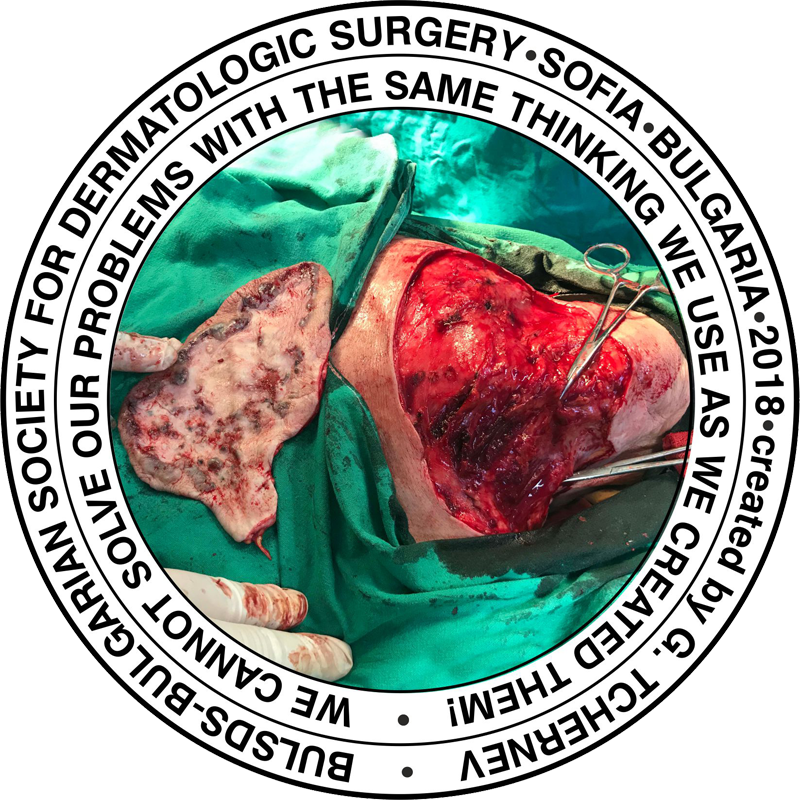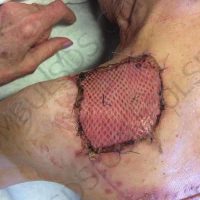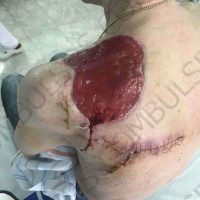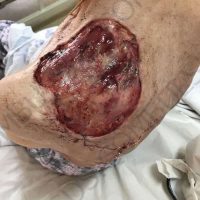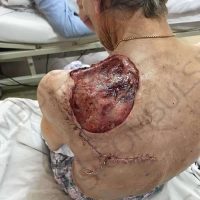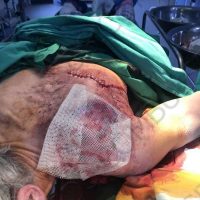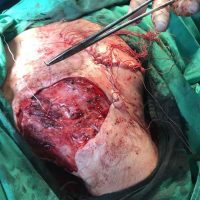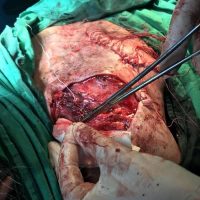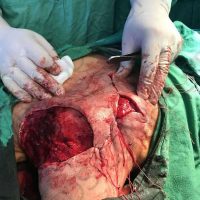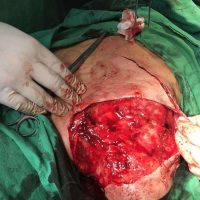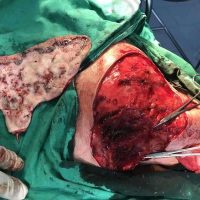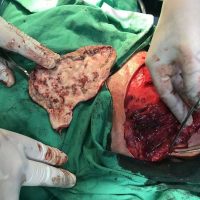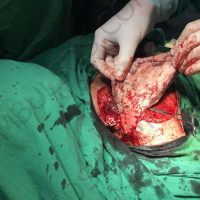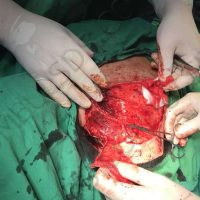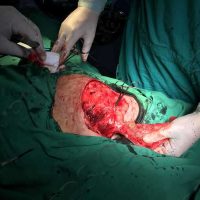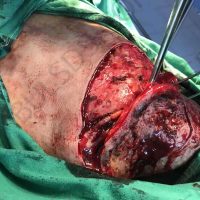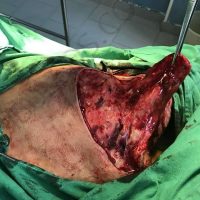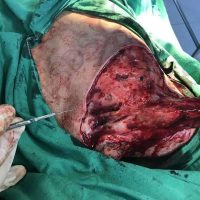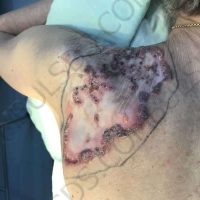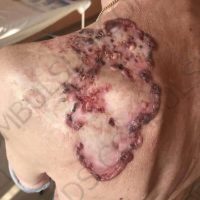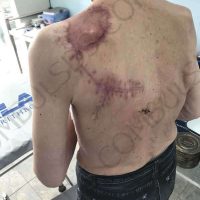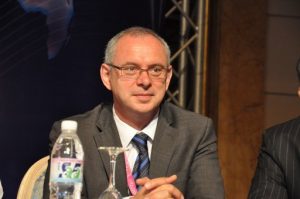 Prof Uwe Wollina where have you received your medical education?
Prof Uwe Wollina where have you received your medical education?
I got my medical education at the University of Jena, where I started my carrer in dermatology. You are active supporting bulgarian dermatologists and helping them in difficult decisions- is that truth?
Yes, that is the truth. I suppose that international cooperation is a useful way to improve our daily work. It is in particular important in medical issues since our decisions have to be made on the background of incomplete information.
Operations and dermatology ?
The importance of dermatosurgery is indispensable for the development of our speciality.
We face an ageing population with increasing numbers of chronic wounds and skin cancer.
Surgical skill is needed to support our patients.
International projects with Bulgarian colleagues-what about that ?
My Department has a tradition of international cooperation. This cooperation is by many
different tasks – from education to publication.
Dermatosurgery and dermatologic oncology whats ur opinion? How important is this link?
Dermatosurgery and dermatologic oncology are like twins. Both develop supporting the other. Here we can provide the quality our patients are depending on.
More than 150 000 new basal cell carcinomas per year in my country warrant dermatosurgery in the majority of patients.
About 30 000 new melanomas need surgery of primary tumors,
metatsases and sentinel lymph node biopsy in tumors thicker than 1 mm. This is a hughe
workload we are facing.
How long is the dermatooncology education in Germany?
Dermatosurgery is an integral part of dermatologic education in Germany. Education in
dermatosurgery covers not only biopsies and small excisions but knowledge and skills in flaps and grafts, laser surgery, cryosurgery, radiosurgery etc. One has to present the numbers of surgical procedures before approval permit.
The other European way of education is the British one, where dermatologists do biopsies and small excisions and diagnose skin cancer. But they don’t treat them.
What has to be done in what kind of period about the development of the dermatologic surgery?
Dermatosurgery is done during the 5 year period of dermatology education, step by step. The number of procedures is included in the education guidelines of each Bundesland.
Asking, because the oncology education in Bulgaria is 4-5 years?
Its a common oncology speciality after that and as a dermatooncologist, we think that the system in our country has to be changed in direction European qualification for
dermatooncologists?
That means the we will need to spend not 4 or 5 years , that means that we will probably need 18 months after we have the certification for specialists?
We have a specialization in drug treatment of malignancies certified by the German Society of Dermatology, Dermato-Oncology group.
This needs the documentation of a certain number of chemotherapies, immunotherapies, targeted therapies in dermatology, an course on drug treatment of tumors and a certified borad exam. It is possible to apply for this as a board-certified dermatologist. The education is focused on skin cancer and is not a second specialization and not a speciality.
But everybody who is becoming a dermatologist has been involved in all aspects of skin cancer diagnosis, surgical, medical treatment and palliative care. Dermatologists deal with the highest yearly number of patients with tumors. However, we are also looking for interdisciplinary care for tumor patients. We have very close team work with pathologists,
oncologists, ENT doctors, radiologists etc. We attend the interdisciplinary tumor boards. Our hospital is a certified Cancer Center. I guess this way of specialization in the own medical filed is an approriate.
Can Bulgarian citizens accepts this certifications for dermatooncology in Germany?
Cetrifications by the German Board need a working licence in Germany, acceptance of all medical certifications and fully Board certified dermatologist status.
How much time is required?
Since German departments can only document the patients records of treatment within the country this may need about 18-24 months.
Are the certifications valid in all European countries as ours?
I am not sure about this. This is an issue to be discussed with the German Dermatology Society Board.
A lot of Thanks, Prof Wollina!
